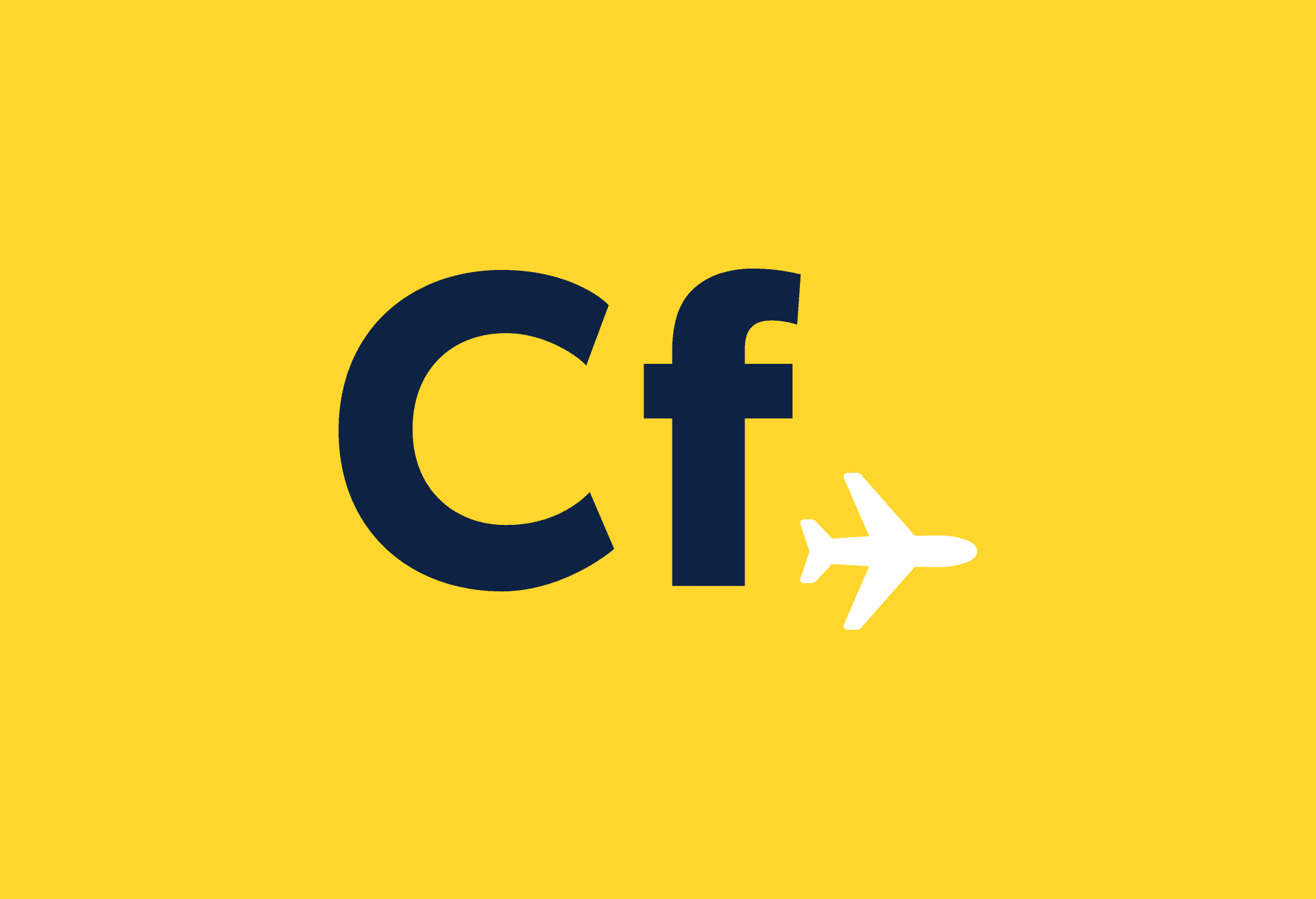Travelling around and watching the football during World Cup 2014 will be “thirsty” work. We hope this handy guide to Brazil’s favourite alcoholic and non-alcoholic drinks will help you stay nicely lubricated. Thomás took the featured image, above.
We’ve got the 10 must-eats too! Have a read.
ALCOHOLIC
Caipirinha
It’s fair to say the caipirinha is Brazil’s national cocktail. The simple drink is made with cachaça (a light rum made with fermented sugar cane – the base of most Brazilian alcoholic drinks), sugar and lime. Typically it’s served in a short glass with crushed ice. The sugar and lime is crushed in the bottom of the glass before the ice and cachaça. It has a strong sweet taste, with a bitter bite from the lime.
Batida
This is the name for a cachaça-based drink mixed with fruit. Any fruit goes, though maracujá (passion fruit), coco (coconut) and morango (strawberry) are the most popular variations (you could say caipirinha’s a type of batida). This is a real favourite at beachside kiosks.
Lager
When it comes to beer in Brazil, it’s all about pale lagers (pilsners). Lager’s typically available on draught, but it’s also sold in bottles and cans. The best nationally available beers are Antárctica, Bohêmia and Brahma; though there are tastier alternatives depending on the region you’re in.
Cachaça pura
Many Brazilians drink cachaça neat, without any mixer. The shot is sometimes called pinga (or in Rio, paraty). Drunk on its own, the rum’s pretty fiery. If you prefer a smoother taste opt for a cachaça da terra, the country farm-produced variety, which is invariably of a higher quality than the mass-produced commercial brands.
Caju amigo
“The Friendly Cashew” is a mixture of cachaça with cashew nut extract – two of Brazil’s favourite flavours. The DIY version involves chewing a cashew then swallowing it along with a shot of cachaça.
NON-ALCOHOLIC
Chimarrão
Chimarrão is a strong green hot drink, much like tea. The infusion is popular throughout South America (particularly Argentina, Uruguay and Paraguay), where it’s most often called mate. It’s made by adding hot water to the dried leaves of the yerba mate herb bush. Typically, chimarrão is served in bulb-shaped cup, and drunk through a straw made of stainless steel.
Guaraná Antarctica
Brazilians are big fans of drinks made from guarana. Of the many on offer, Guaraná Antarctica is by far the most popular brand. Coca Cola is the only soft drink that outsells it in Brazil. It’s so popular that the company sponsors the Brazilian football team. Guarana is an Amazonian fruit relatively rich in caffeine, so the drink is marketed as an energy booster. A can of Guaraná Antarctica however, contains much less caffeine than a cup of coffee. The carbonated drink has a distinct apple/berry flavour.
Garapa (caldo de cana)
Caldo de cana translates literally as ‘sugar juice’. Brazil is a massive producer of sugar cane. This popular drink is made with the juice produced when raw sugar cane is pressed.
Coffee
Responsible for around a third of all coffee, Brazil is by far the world’s biggest producer. To say Brazilians love their native-produced coffee is an understatement. The custom is to drink one small, strong cup after lunch and dinner. Brazilian coffee is considered to have a great taste because of its low acidity. When in Sao Paulo try the coffee from the nearby Mogiana plantation.
Vitamina de abacate
A smoothie made with a quarter of an avocado blended with sweeteners.
Written by insider city guide series Hg2 | A Hedonist’s guide to…


